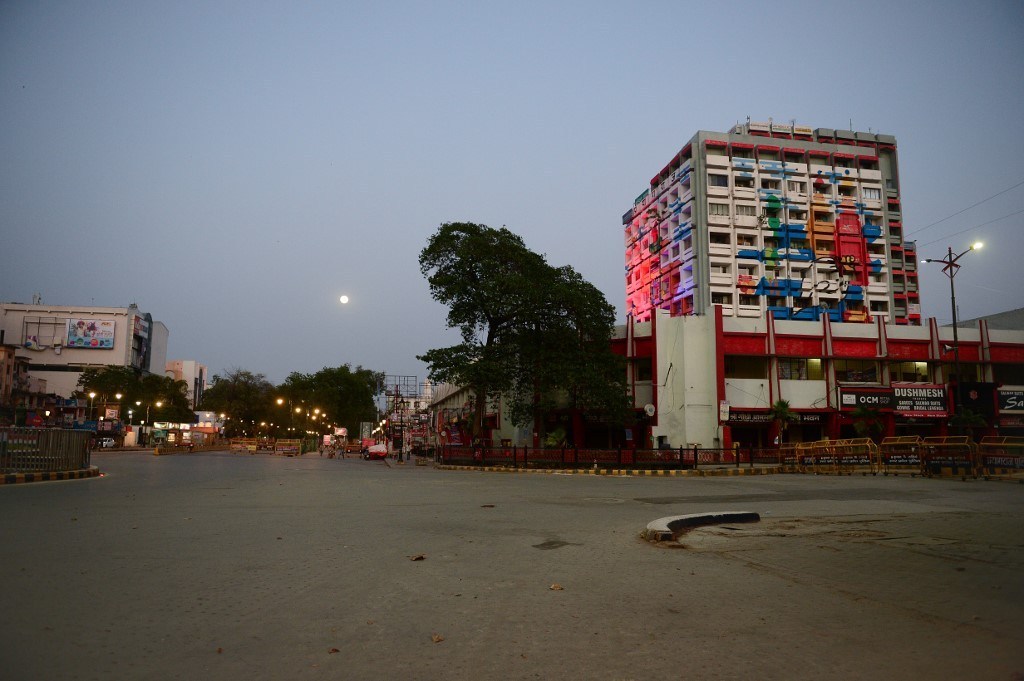The Indian government’s 21-day lockdown to contain the spread of Covid-19 has led to the widespread disruption of economic activity due to stoppages of public transport, train services and flights and the closure of most factories.
The International Labour Organization expects these measures will affect the country’s informal economy hard and push nearly 400 million informal sector workers deep into poverty, the Press Trust of India reported.
A report released by the global body said: “In India, with a share of almost 90% of people working in the informal economy, about 400 million workers are at risk of falling deeper into poverty during the crisis.”
The ongoing lockdown has forced many informal sector workers to return to rural areas.
It said India was among the least equipped countries to handle the situation. “They are less equipped to prepare for and respond to Covid-19 as access to basic services, especially health and sanitation, is limited; decent work, social protection and safety at work are not a given; their institutions are weak; and social dialogue is impaired or absent,” it added.
The ILO expects the global fallout of Covid-19 on jobs to much higher than the 2008-9 financial crisis. The sectors most at risk include hospitality and food services, manufacturing, retail and administrative activities.
Unemployment soars
Earlier, a survey on jobs data by the Centre for Monitoring Indian Economy, a business information company that tracks unemployment data on a weekly basis, stated that the unemployment rate had soared nearly three times after Prime Minister Narendra Modi announced the lockdown on March 24.
Many states had imposed a lockdown in some of their coronavirus-hit districts even before the prime minister’s announcement.
According to the company’s weekly tracker survey, in the latest data for the week ended April 5, the unemployment rate had shot up to 23% from 8.4% in mid-March. The problem is more acute in urban areas, where it is about 30.9%.
In the earlier week ended March 29, the unemployment rate was about 23.8%, while urban unemployment was 30%.
The company’s jobs survey findings were derived by following a sample of people over time at a regular frequency. The latest weekly survey had about 9,000 participants.
Impacts likely to worsen if lockdown extended
A separate study by the All India Manufacturers’ Association indicated that if the lockdown continued for four weeks, 19% of jobs would be lost and if it stretches to eight weeks, almost 43% of jobs would be lost.
While on one hand these enterprises will see a sharp fall in businesses and face a cash crunch, on the other they will face a manpower shortage as migrant workers have been fleeing their workplaces in the cities and going to their homes in villages.
These companies are too small to have enough of a cushion to last through a long lockdown. Add to this the fact that many of these companies have been asked to close or curtail their operations while still paying employees, on top of paying taxes, power bills and other utility costs. Most cannot sustain this for long.
Meanwhile, the number of confirmed coronavirus cases in India crossed 4,700 and the death toll was 124.
























